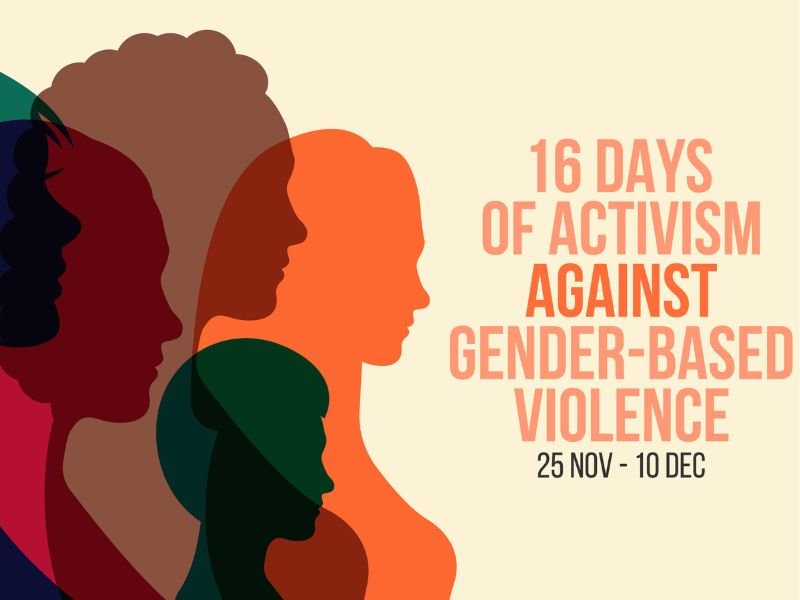
Online abuse is not a new phenomenon but, as our lives are increasingly played out online, so the use of social media, apps and smartphones to abuse and harass women and girls increases with it. Online abuse is an extension of and part of other forms of violence against women and girls (VAWG). This form of abuse can refer to:
- Online stalking
- Online sexual harassment
- Revenge porn- sharing intimate images without consent
- Capturing unauthorized images such as ‘up skirting’
- Grooming individuals for sexual exploitation or mistreatment
- Fabricating explicit content
- Domestic abuse perpetrated online (tech abuse)
- Coercive sexual threats
- Doxxing- revealing private information
Research carried out by leading third sector organisations found that:
- 16% of women in refuge services had experienced surveillance/harassment online or through social media by their abuser.
- 1 in 3 women in the UK have experienced online abuse (perpetrated on social media or other online platform) at some point in their lives
- Women are 27 times more likely than men to be harassed online
- Black women are 84% more likely to receive abusive or problematic tweets than white women
The impact of online abuse can have long term devastating effects causing negative psychological and mental ramifications for survivors. Amnesty International found that of women who had suffered online abuse:
- 36% felt their physical safety had been threatened.
- 55% suffered stress, anxiety or panic attacks.
- 20% felt the online abuse threatened their job prospects.
With online abuse becoming evermore prevalent in a technologically advanced world, a June 2023 amendment to the Online Safety Bill requires Ofcom to publish guidance for tech companies to reduce risks of harm to women and girls using their platforms. However, there is more work to be done to eradicate online abuse and to ensure women and girls are able to socialise, work, learn, get involved in activism or join a community online, free from the threat of abuse.
Find out more about online abuse and the work being conducted to make the online world a safer place through Glitch – Home (glitchcharity.co.uk) . The short video below by Glitch provides some simple tips we can all take to address online abuse.
Who can help me?
In an emergency, or if you or someone else is at immediate risk of harm, dial 999.
If you are an adult (aged 18+) experiencing intimate image abuse, also known as, revenge porn, you can contact the Revenge Porn Helpline for advice and support on 0345 6000 459 (Monday – Friday, 10am – 4pm) or email help@revengepornhelpline.org.uk
If you are a victim of cyberstalking, you can Seek help and support from the National Stalking Helpline on 0808 802 0300, by email at advice@stalkinghelpline.org or via the website at www.suzylamplugh.org/forms/national-stalking-helpline-enquiry-form
Children and young people under the age of 18 can contact Childline by phone on 0808 800 5000, by email, or chat 1-2-1 online with one of the Childline counsellors. There is also lots of information and advice on the NSPCC website.




